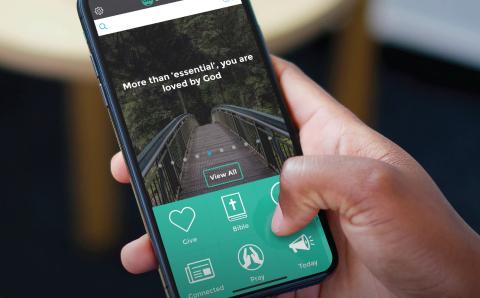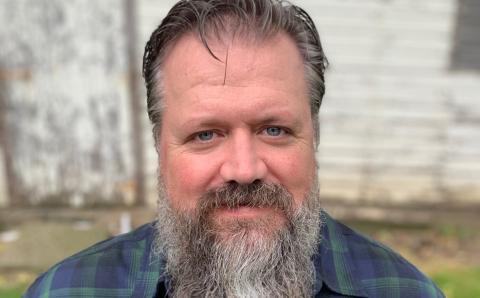Christian Reformed churches in Canada have a long history of seeking justice and speaking hope in Canadian public affairs. Established 50 years ago, the Committee for Contact with the Government was shaped by congregations out of a conviction that the CRCNA had a calling to interact with Canadian society and governments “on the significant and pressing issues of the day,” according to the CCG mission statement.
Its work has sparked an approach that encourages dialogue and welcomes many voices to the table.
Committee members are recruited from across the country and “are often a very interesting blend of pastors, laypeople, and folks who are closer to the margins of the CRCNA institutions,” explained Colin Conrad, a member from Halifax, N.S.
The committee has four regular meetings each year and otherwise connects when important issues arise. Members help discern and direct the issues on which the Centre for Public Dialogue (CPD) works. They also represent the concerns of various regions and classes. This allows CPD to take an “inch-wide, mile-deep” approach. Currently, for example, the committee has directed CPD to focus on refugees, Indigenous justice, and climate change.
“The CCG is a beautiful gift,” said CPD director Mike Hogeterp. “Members from different corners of the country and a wide range of life experiences contribute to a rich and well-grounded dialogue on the ‘what’ and ‘how’ of Christ-centered public witness for justice.”
Each committee member has seen the fruit of engaging in the public sphere in a biblical, justice-oriented way. Member Lea Wilkining, the Central Ontario representative, said, “I love being part of a church that acknowledges that every square inch of life belongs to God, including the government. In church bodies throughout history, there are political disagreements on how we approach various social concerns from a biblical perspective; nevertheless, I appreciate that we can ask hard questions of the Bible and witness to governments of every political persuasion that the exercise of power must be mindful of all people in its care.”
Jacqui Mignault, the Alberta representative, described CCG’s approach this way: “We are called to be oriented outwards, to the wholeness and health of people outside the circles of faith, for the common good. And we are called to dig deeper in our own faith journeys, not being afraid to ask hard questions, to listen, and to learn from others not like ourselves. The dual actions of advocating within our system of government ... as well as raising awareness, are representative of the outer and inner work that happens in a follower of Jesus.”
The intentionality of this approach is something to be celebrated as Canadians are pulled in different directions.
“I believe a lot of our civil tension can be attributed to how we seem to have less and less in common with one another,” Conrad said. “The church is one of the very few institutions where we have people from very different socioeconomic backgrounds still coming together. The work of the committee advances this vision and especially the ways that the church can contribute to Canadian society through dialogue.”
About the Author
Victoria Veenstra






